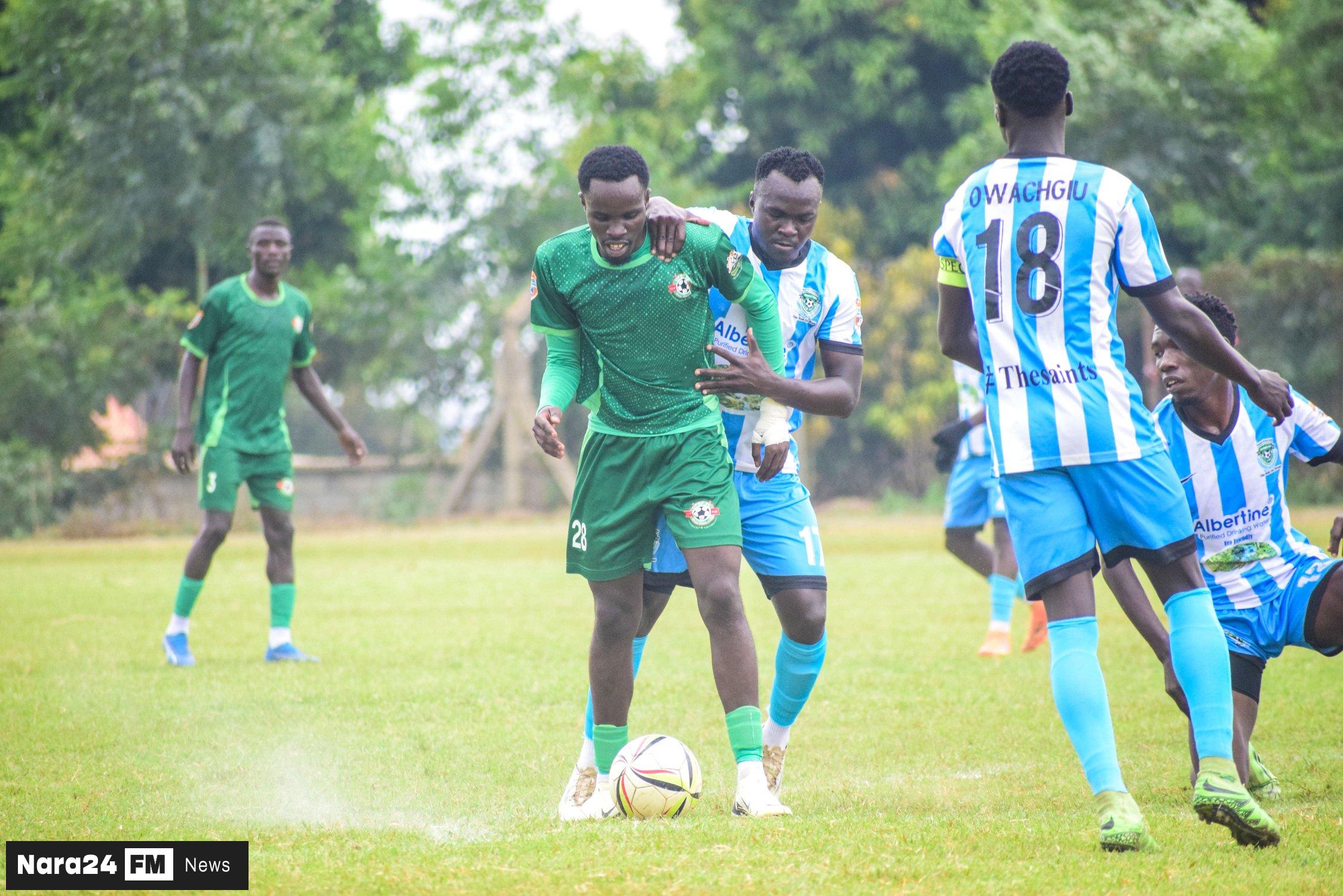#### **The 2026 FIFA World Cup: A Historic Expansion**
The 2026 FIFA World Cup is set to be the most ambitious and expansive edition of the tournament in history. Taking place from June 11 to July 19, 2026, this event will mark the first time the World Cup is hosted by three nations: the United States, Canada, and Mexico. With 48 teams participating—an increase of 16 from the 2022 Qatar tournament—the 2026 edition will feature 104 matches, offering football fans an unprecedented spectacle.
#### **Key Dates and Format**
The 2026 World Cup will kick off on June 11, 2026, and culminate with the final on July 19 at MetLife Stadium in East Rutherford, New Jersey. This will be the 23rd edition of the tournament, and its expanded format will see a significant shift in the competition structure. Instead of the traditional 32-team format, the 2026 edition will feature 12 groups of four teams each. The top two teams from each group, along with the eight best third-placed teams, will advance to the round of 32, marking a substantial increase in the knockout stage.
#### **Venues and Host Cities**
The tournament will be spread across 16 cities, with venues selected to accommodate the large number of matches and spectators. Here is a breakdown of the host cities and their stadiums:
- **United States:**
- Dallas Stadium, Arlington, Texas (capacity: 94,000)
- New York New Jersey Stadium, East Rutherford, New Jersey (capacity: 82,500)
- Atlanta Stadium, Atlanta, Georgia (capacity: 75,000)
- Kansas City Stadium, Kansas City, Missouri (capacity: 73,000)
- Houston Stadium, Houston, Texas (capacity: 72,000)
- San Francisco Bay Area Stadium, Santa Clara, California (capacity: 71,000)
- Los Angeles Stadium, Inglewood, California (capacity: 70,000)
- Philadelphia Stadium, Philadelphia, Pennsylvania (capacity: 69,000)
- Seattle Stadium, Seattle, Washington (capacity: 69,000)
- Boston Stadium, Foxborough, Massachusetts (capacity: 65,000)
- Miami Stadium, Miami Gardens, Florida (capacity: 65,000)
- **Canada:**
- Toronto Stadium, Toronto (capacity: 45,000)
- BC Place, Vancouver (capacity: 54,000)
- **Mexico:**
- Estadio Azteca, Mexico City (capacity: 83,000)
- Estadio Monterrey, Guadalupe (capacity: 53,500)
- Estadio Guadalajara, Zapopan (capacity: 48,000)
This distribution across three countries will provide a unique experience for fans, with matches taking place in iconic stadiums across North America.
#### **Qualification Process**
The qualification process for the 2026 World Cup is already underway, with teams from six confederations—UEFA, CONMEBOL, CONCACAF, AFC, OFC, and CAF—competing to secure their spots. The allocation of slots is as follows:
- AFC (8)
- CAF (9)
- CONCACAF (6)
- CONMEBOL (6)
- OFC (1)
- UEFA (16)
Qualification for the Oceania region will conclude in March 2025, while CONMEBOL, which includes Brazil and defending champions Argentina, will finish its qualifiers in September 2025. The CAF and CONCACAF finalists will be confirmed in November 2025, with UEFA's European qualifiers concluding in March 2026. Two final slots will be determined through an inter-confederation play-off.
#### **Notable Highlights**
- **Half-Time Show:** FIFA President Gianni Infantino has announced that the 2026 World Cup final will feature a half-time show, inspired by the NFL's Super Bowl. Coldplay has been confirmed to be involved in organizing the event at MetLife Stadium in New Jersey on July 19, 2026.
- **England's New Era:** Under the leadership of Thomas Tuchel, who took over from Gareth Southgate, England has already secured its place in the tournament with two games to spare, marking a smooth transition for the national team.
#### **A Look Back at North American Hosting**
The last time North America hosted the World Cup was in 1994, when the United States hosted the tournament. Brazil emerged victorious after defeating Italy in a penalty shootout in the final. The 2026 edition will build on this legacy, offering a modern and expansive version of the tournament that promises to captivate fans worldwide.
#### **Conclusion**
The 2026 FIFA World Cup is shaping up to be a monumental event, with its expanded format, diverse venues, and historic hosting arrangement. As teams from around the globe compete for glory, fans can look forward to an unforgettable experience that will showcase the best of international football. With just over a year to go until the draw in December 2025, the excitement is building for what promises to be the most ambitious World Cup in history.
**Stay tuned for updates on team qualifications, match schedules, and more as the countdown to the 2026 FIFA World Cup continues!**








Comments (0)
Leave a Comment
Be the first to comment on this article!